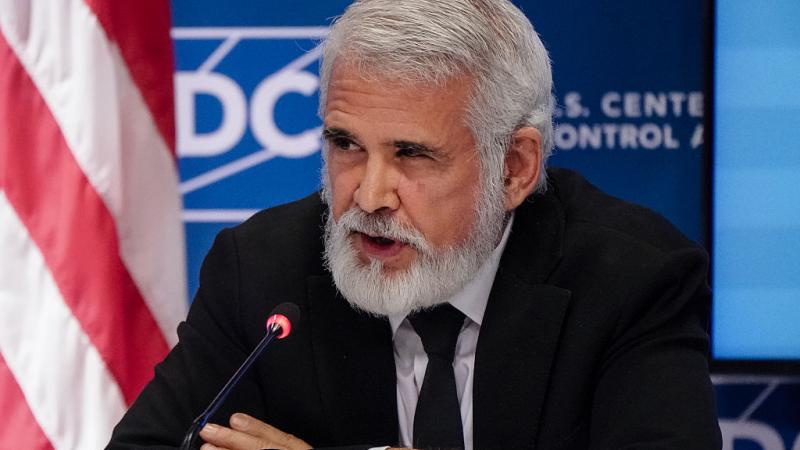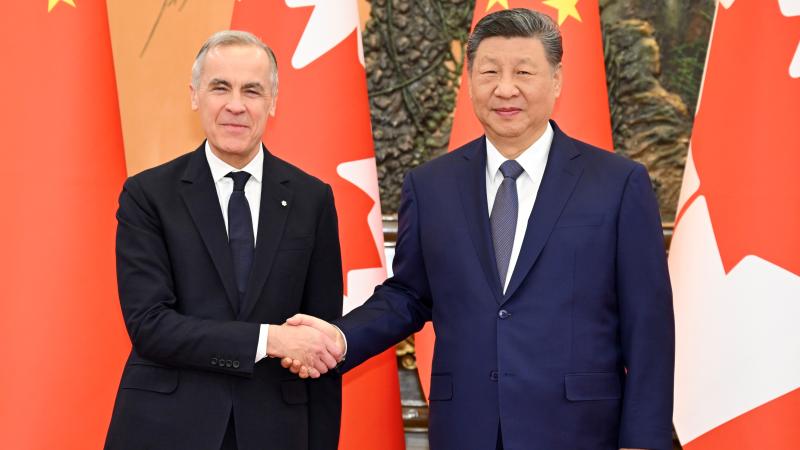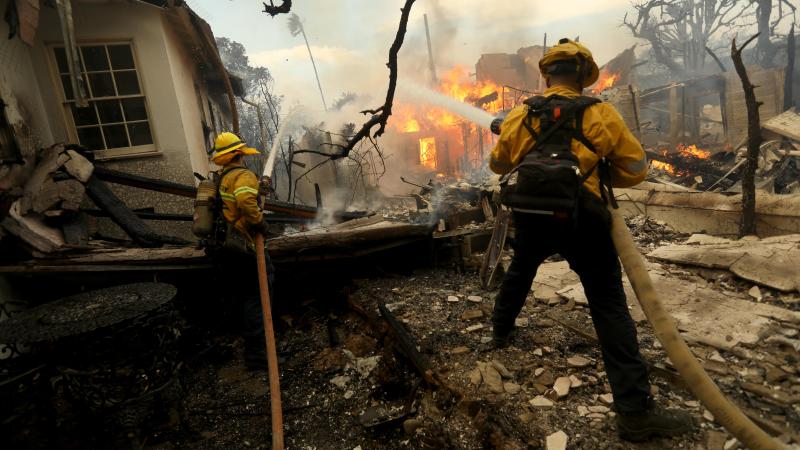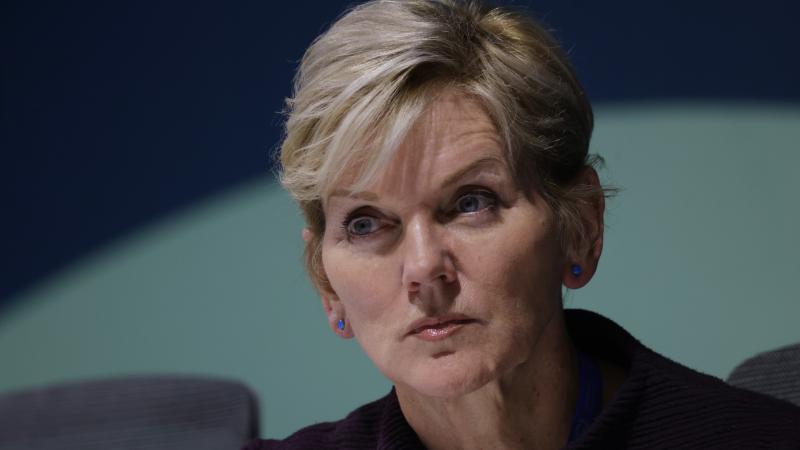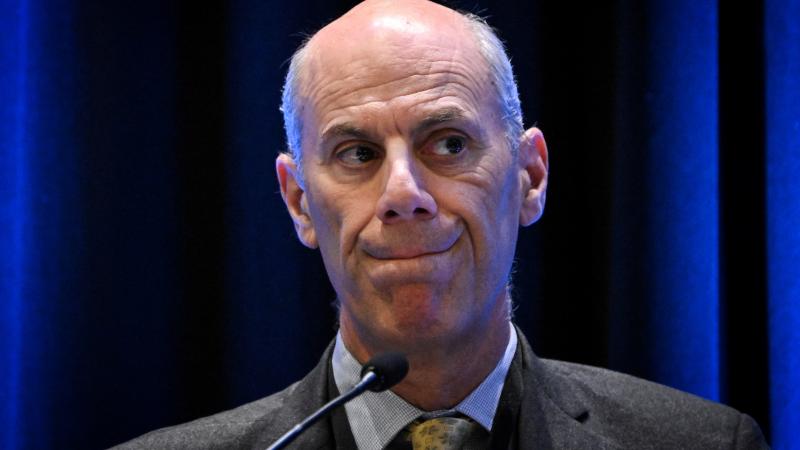In Easter address, Pope speaks about COVID-19, makes policy suggestions
Pope Francis asked political leaders to work for the common good
Pope Francis on Sunday delivered his Easter message without the usual live crowds as people around the world were prevented from attending religious services amid the coronavirus crisis.
Francis was joined by just a few people in person according to the Associated Press, which reported "a handful of faithful sitting one per pew and and the choir’s 'Kyrie' hymn echoing off the bare marble floors."
During his Easter speech the pope addressed the health crisis, suggesting policy actions such as easing world sanctions and decreasing or forgiving debts owed by poor countries.
"I encourage political leaders to work actively for the common good, to provide the means and resources needed to enable everyone to lead a dignified life and, when circumstances allow, to assist them in resuming their normal daily activities," the Pope said, according to the Catholic News Agency.
"In light of the present circumstances, may international sanctions be relaxed," the Pope said, "since these make it difficult for countries on which they have been imposed to provide adequate support to their citizens, and may all nations be put in a position to meet the greatest needs of the moment through the reduction, if not the forgiveness, of the debt burdening the balance sheets of the poorest nations."
During the speech, Francis spoke about the cessation of world conflicts and violence, suggesting that the funds poured into weapons could instead be utilized for humanitarian purposes.
"May Christ our peace enlighten all who have responsibility in conflicts, that they may have the courage to support the appeal for an immediate global ceasefire in all corners of the world," the pope said. "This is not a time for continuing to manufacture and deal in arms, spending vast amounts of money that ought to be used to care for others and save lives."
Francis spoke of the "epochal challenge" confronting Europe and called for unity among the nations of that continent.
"After the Second World War, this beloved continent was able to rise again, thanks to a concrete spirit of solidarity that enabled it to overcome the rivalries of the past," he said. "It is more urgent than ever, especially in the present circumstances, that these rivalries do not regain force, but that all recognize themselves as part of a single family and support one another. "



